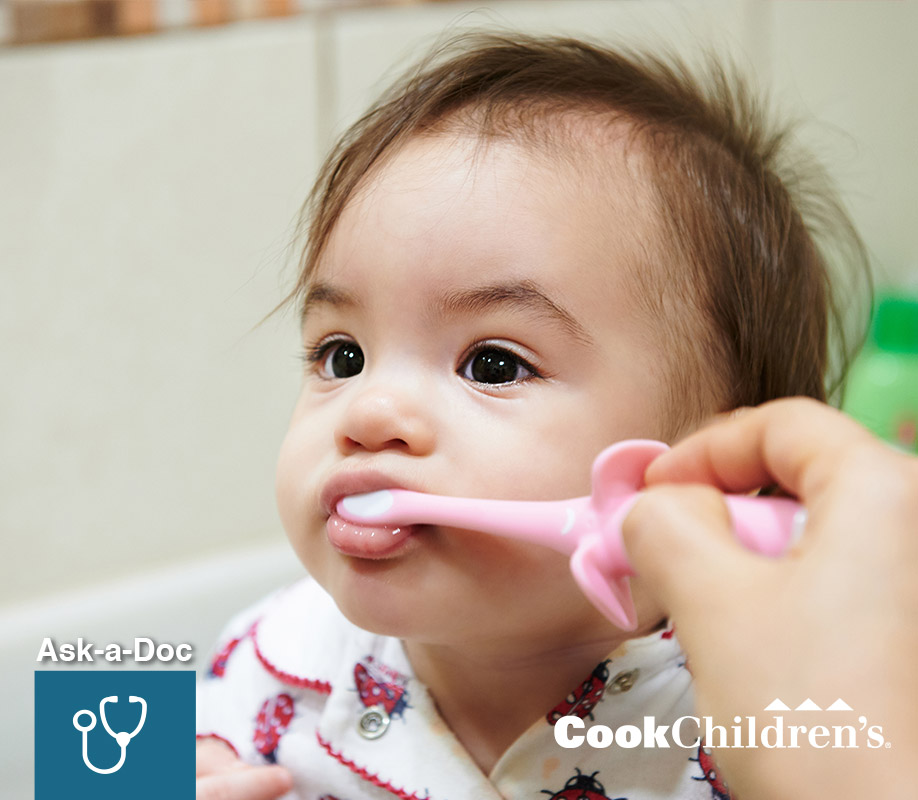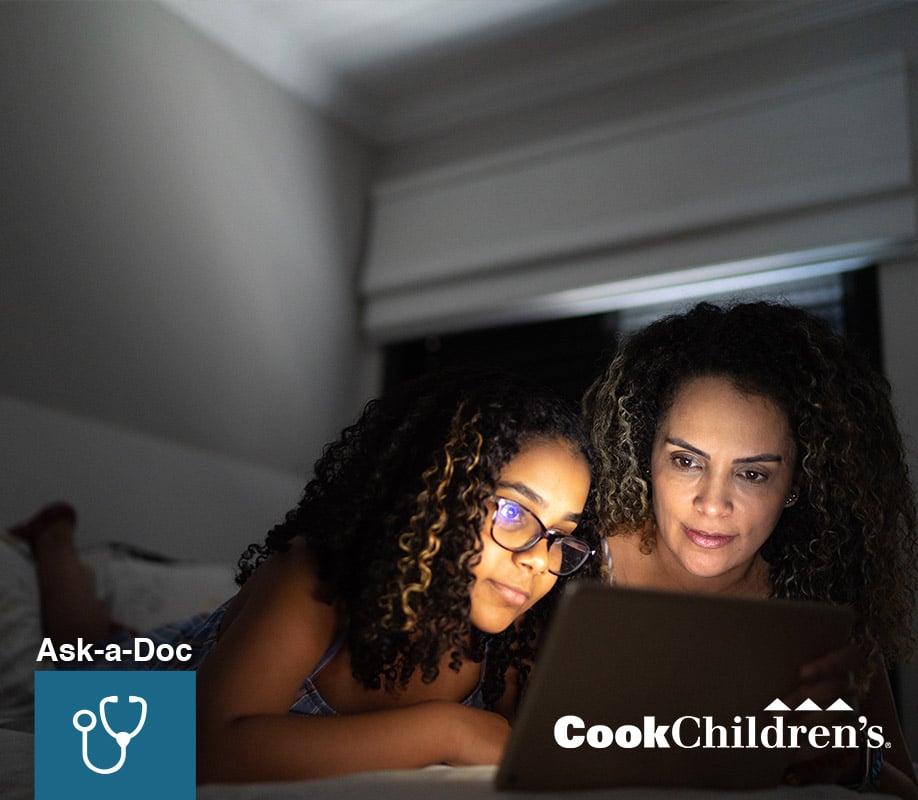Ask-a-Doc Resources
When it comes to kids, Cook Children's pediatricians, specialists and caregivers know that sometimes you and your kids have questions. We're here to help with answers to everything from asthma to zits. And to offer tips on the questions we hear most. Check back often because, like your family, our content is always growing.








